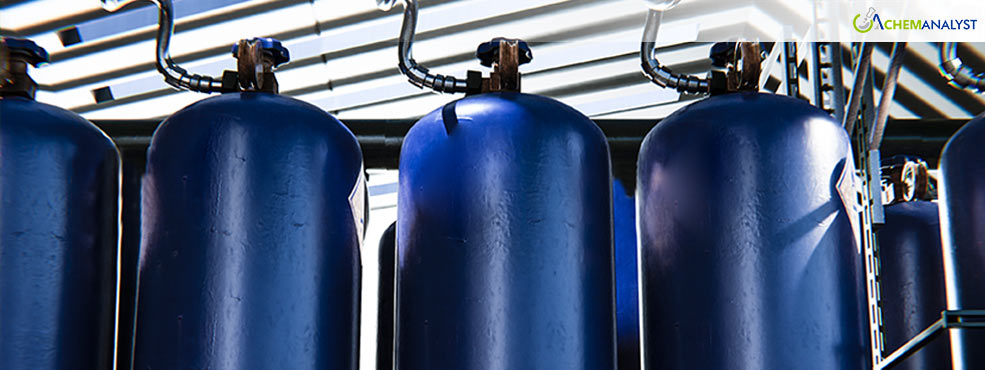Welcome To ChemAnalyst

In early November, Helium prices in Qatar's domestic market stabilizes on an upper note, following a modest increase observed last month. Market sentiment was marked by cautious procurement, with demand and supply well-aligned to maintain stability. Steady activity in downstream industries like semiconductors and medical technology contributed to a balanced market dynamic, preventing significant price fluctuations despite ongoing global challenges.
Qatar’s Helium supply chain operated efficiently during this period, supported by robust production capacities and well-managed inventory levels. The nation’s infrastructure and production stability continued to position it as a reliable supplier, particularly amid geopolitical uncertainties affecting other regions. Importers like India showed moderate procurement levels, given sufficient domestic inventory, signaling balanced demand across key sectors like health care system and high-tech manufacturing.
Global Helium trade flows faced potential disruptions following the European Union’s (EU) ban on Russian Helium imports, effective September 26, 2024. This measure, part of the EU’s 14th sanctions package against Russia, is a symbolic move aimed at reducing Europe’s reliance on Russian energy and weakening Russia's ability to finance its war in Ukraine. While Russia’s Helium exports to the EU represent only a small fraction of the global market, the ban is expected to create a supply gap that may shift global trade dynamics.
Qatar, as one of the world's leading Helium producers, is likely to play an increasingly significant role in addressing this supply gap. The nation’s robust production infrastructure and established export channels position it as a key player in stabilizing the global market. As Europe seeks alternative sources, Qatar’s strategic importance in the trade is expected to rise.
Meanwhile, the semiconductor industry remained a primary driver of Helium demand. The sector’s steady momentum, supported by advancements in AI, electric vehicles, and 5G technologies, underscored Helium’s critical role in high-tech manufacturing processes. Government initiatives in the U.S. and Europe to boost domestic semiconductor production further reinforced Helium procurement. However, the adoption of recycling and reclamation technologies in Helium-intensive industries has begun to stabilize supply-demand dynamics, mitigating immediate pressure on the global markets.
Looking ahead, Helium prices are anticipated to experience a modest increase due to rising global demand and potential supply shortages, exacerbated by the EU's ban on Russian imports. Qatar’s position as a reliable exporter will be pivotal in stabilizing the market, yet sustained efforts to diversify sourcing and manage resources efficiently will be essential to mitigate price volatility in the coming months.
We use cookies to deliver the best possible experience on our website. To learn more, visit our Privacy Policy. By continuing to use this site or by closing this box, you consent to our use of cookies. More info.
